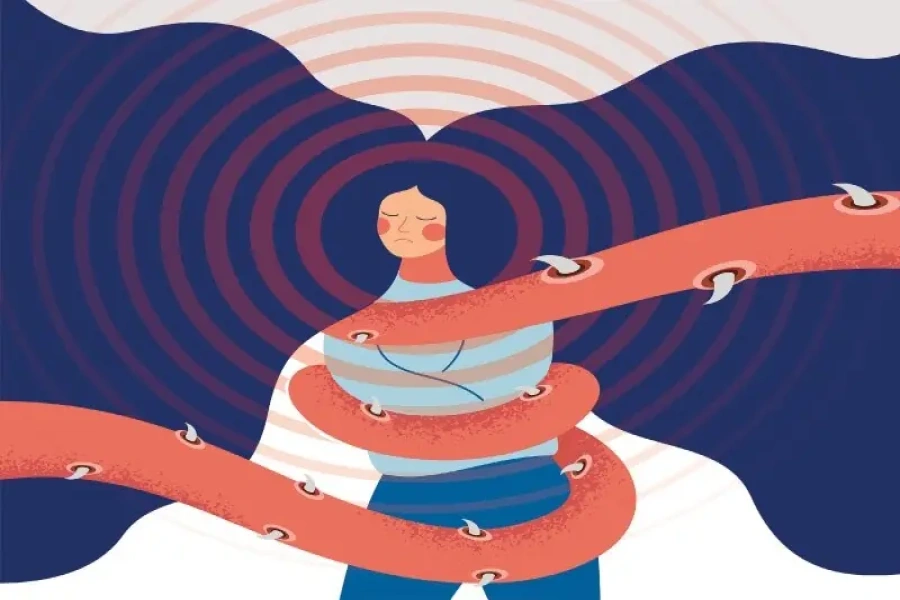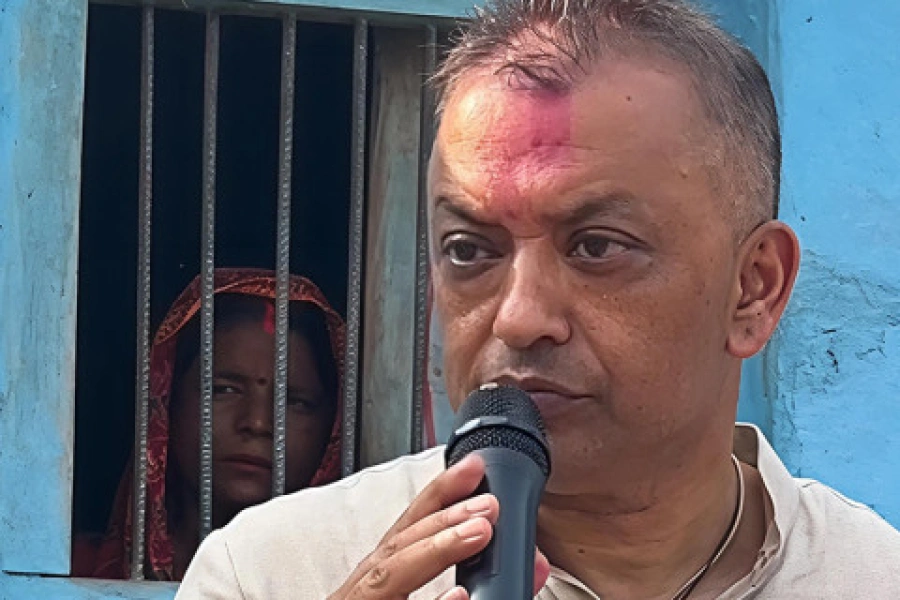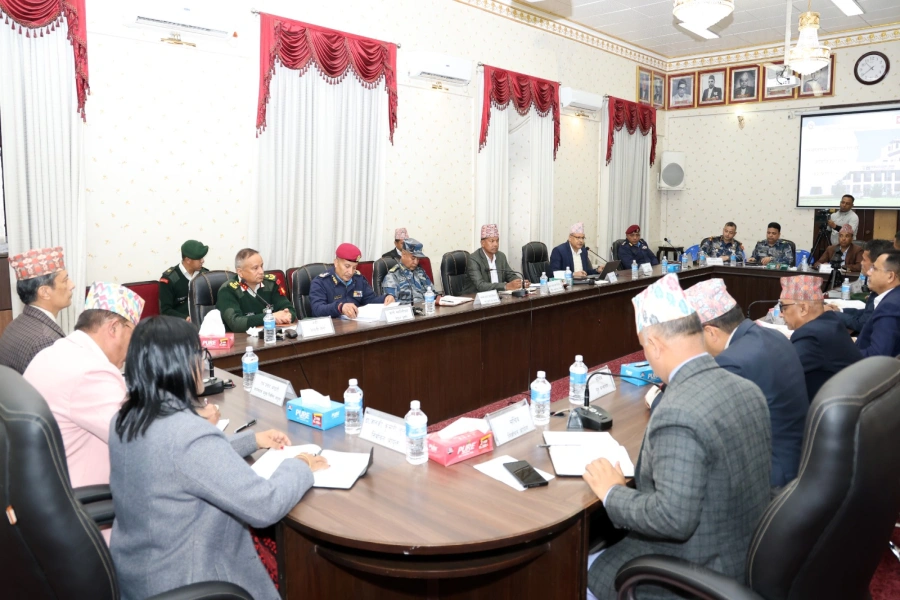Indeed, our world is more educated, fascinated, modernized and more techno-savvy than ever before. For a moment, keep aside all of these, but meanwhile, in our rat race to make progress, we often forget one important factor: which is — a big scarcity of ‘common sense.’
Needless to say, common sense matters a lot at a time when we’re making good decisions based on practical judgments instead of not concerning the crux of the subject matters. Or, a basic ability to perceive, understand and judge that is shared by ‘common to’ for all people. To be very frank, most people approach this trail, but common sense appears to be diminishing in our world today. However, common sense is sound judgement deprived from experience rather than simply study. Perhaps that’s our problem. Most tellingly, we’ve more knowledge than experience today.
5 Common myths about common cold and flu (with video)

We may consume roughly 1000 or so messages a day via social media, emails, TV programs, text messages and ads. We are more educated beyond our ability to make sense of it or apply all the information we’ve consumed. Above all, common sense matters a lot, be it throwing rubbish on the road or using public property in an illegally way. This must be stopped.
Quite interestingly, we’ve little time to do some reflection on logic or critical thinking when it comes to using common sense while using it. And, of course, necessity gives us experience as well as sound knowledge of a particular course of action. I love the fact that our country is more educated than ever. But, at the same time, we’re incomplete if we don’t include common sense in the education process. Robert Ingersoll once said that, “It is a thousand times better to have common sense without education than to have education without common sense.”
The truth is, progress is in vogue (ambiguity). For almost everyone, including me, it takes time to progress. It won’t happen overnight. Similarly, it’s wise to ask ourselves if each idea or innovation is an improvement. Most importantly, common sense usually expands via first-hand experience. After all, wisdom is the application of knowledge. As you teach students, for instance, be sure to include experiences to describe so that they can gain that wisdom. Remember— “We can teach from experience, but we cannot teach experience.” Students must experience it firsthand. Always teach students to work something out by way of real-life experiences before they embrace it.
There are many things that every human being should know how to doandthings that go to the- heart-of-personal survival, self-knowledge, and long-term health and safety. To sum up, you should learn common sense through practical knowledge and application, informing you accurately when times are harder or when you must react quickly. Let’s use our common sense!



























-1200x560-1771928761.webp)









